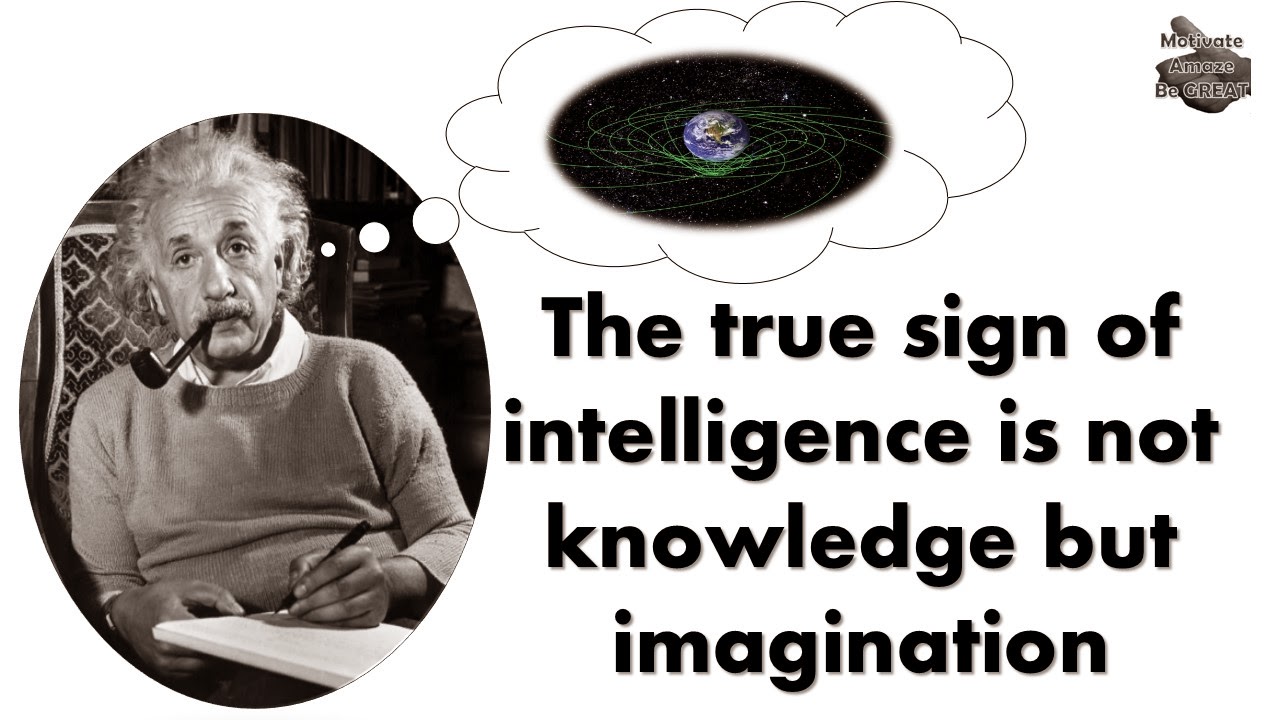Sy Borg wrote: ↑January 9th, 2023, 5:01 pm
Gee wrote: ↑January 9th, 2023, 12:34 am
Sy Borg wrote: ↑January 7th, 2023, 9:28 pm
There's no doubt that afterlives happen, though not to everyone. The question is how long they subjectively last. Generally, a clinically dead person has a number of minutes of oxygen in their brain. So, yes, the people are dead to the outside world but they still living a life in a final dreamworld.
Actually, I suspect that it does happen to everyone, it is just that everyone does not remember, or maybe does not want to remember. I have been studying this for decades and think that life, death, and reincarnation are all part of the process that we call evolution. I know that idea is kind of "out there", but if one studies all of the different aspects of death/consciousness, it starts to make sense.
The question of how long they subjectively last is a good one. The answer, I think, relates to bonding. The brain, I think, takes six minutes to completely die, but other organs take longer and the body as a whole can take hours or even days for all cells to die depending upon the circumstances of the death. When does subjectivity end? With the death of the brain, the death of the whole body, or the demise of the chemical make up of the body? It is interesting to note that religions that believe in everlasting heaven try to preserve the body, but religions that believe in reincarnation tend to want to terminate the body to release the subject, often burning it. Is this because they suspect a bond between the subject and the body?
It is also interesting to note that the people who witness paranormal phenomenon regarding death also tend to witness it within a few hours or a few days of death -- which matches the breakdown of the body. Interesting. Also note that people, who have interactions with "spirits" are mostly people, who are at the scene of the death or people who have a bond with the deceased.
Sightings of "spirits" or "ghosts" after the first few days are almost always associated with a location or a person, who has a relationship with the deceased, or is in a bloodline, family, of a person who is deceased. All of this implies bonding with something physical. It does not imply an other dimension, although I suppose that is possible.
Gee
Maybe some would forget their NDE but I think it more likely that they had none, like being under general anaesthetic.
While that is possible, I do not find it likely. I am reminded that NDE's have a quality that is very dream-like, and that science has recorded dreaming and NDEs that look much the same in MRI testing. I can not discount this similarity. A lot of people do not remember their dreams, but science tells us that; nonetheless, everyone dreams, and it is a requirement for our health that we all sleep and dream. So I think that while the conscious mind is out, as in general anesthetic, the unconscious aspect of mind is still active, after all, the unconscious controls the body and still regulates breathing, heart rate, body temperature, and all other aspects of life in the body. I suspect that we all have some kind of NDE's when we die, but we do not always remember the experience -- or come back to tell about it. I think it is helpful to remember that these experiences are not regulated by us, or by our will, they are completely involuntary and maybe reactionary. What they are reacting TO is another question. I can see why some might remember it, and others may not; but I can not see why some might have it and others do not.
Sy Borg wrote: ↑January 9th, 2023, 5:01 pm
When brains die, they don't die at the same rate. Different parts will fail first, depending on the condition. If the thalmus fails, for instance, then it's lights out. I've been interested in NDEs for some years now, and it does seem that those in coronary wards are the most likely to have a significant NDE. I'm guessing that heart-related deaths may result in a similar sequence of shutting down in the brain.
You have obviously done some studying on NDE's, but NDE's as measured by science are not the only sources for information on out-of-body consciousness -- there are other sources that cause people to consider the possibility of an "afterlife". Two of the problems that I have with your conclusions are that science tends to forget that their initial premise is often an assumption, and they have a problem with confirmation bias, because that is what they are testing for -- confirmation. Even if I agreed that consciousness and NDE's are produced by the brain, I would have to question whether or not "those in coronary wards are the most likely to have a significant NDE" or if the "significant NDE" is more likely to be
believed and recorded because the patients were in coronary wards.
Sy Borg wrote: ↑January 9th, 2023, 5:01 pm
While there's objectively a few minutes of brain oxygen left at the time of clinical death, we cannot say how long that lasts subjectively. People have gone through NDEs that may only last for minutes, but it feels to them like days, or longer.
So true, and this brings up some interesting ideas. The unconscious aspect of mind, which sources NDE"s, does not acknowledge time the way the rational conscious mind does; we know this from studies in psychology, examples of PTSD, and even from personal experiences. If you are at the bank and someone comes in to rob it putting a gun in your face, you will be hard pressed to tell officers afterward just how long the robbery took. It could be from two minutes to twenty minutes, and you would probably be unable to judge the time. This is because emotion, in this case fear, is not limited by time constraints, it actually warps our awareness of time, and it works through the unconscious.
The other idea is that most people think of their "self" as being their intentional rational mind, but as we have seen through NDE's and other examples, the unconscious reactive aspect of mind is just as subjective as the rational mind. This almost seems like a paradox because the unconscious is subjective, but it also connects with other selves and works objectively as in Jung's collective unconscious.
Sy Borg wrote: ↑January 9th, 2023, 5:01 pm
The nature of these experiences vary and, if a person is undergoing intense fabulous or nightmarish experiences, that may well feel like eternity. It's possible that heaven and hell reside in that brief window of final brain operation with subjective time dilation.
I have often wondered about the same thing. People have been having experiences that they can not explain for many millenia. If these experiences have been interpreted as "heaven" and/or "hell" the experiences would not only feel eternal, but also appear to be eternal -- implying an "afterlife". I suspect that many religions saw these experiences as examples of justice in the afterlife which also discouraged bad behavior.
Like any discipline, religion has its flaws, but all religions provide charities for needy people, they also promote a sense of unity and bond a society together, and help us to maintain a moral compass. These are not bad things, but I think the most important thing that they do is they give us a way to believe in and hope for our happiness in death. Most religions have a path to redemption/forgiveness, so that we can feel safe when we pass. Is this important? I think so. NDE's are experienced by the unconscious aspect of mind, even though they are remembered by the conscious aspect, so what a person thinks is not going to matter much when they die, but what they feel and believe is very relevant because emotion works the unconscious and controls belief. We can think a thousand things when we are dying, but if we feel that we are worthless, or bad, we may very well assign ourselves to hell. (This being a good argument against suicide.) For this reason, if no other, I have tried to respect religious beliefs. I think these beliefs have value and that it would be cruel to try to damage someone's beliefs.
Sy Borg wrote: ↑January 9th, 2023, 5:01 pm
As for paranormal observations after a death, I am skeptical. If detections of dead spirits are not imaginary, then there must be an extra dimension (or more) with a relationship to space and time that is closer to that of dreams than waking reality. Millions, maybe billions, live in hope that this is the case.
I was raised Christian; and so, I believed that everything has a beginning and an end, including me. I was also skeptical. Two things made me reconsider, first as I learned more about this reality, I realized that nothing seems to have a beginning and/or end -- it just changes. The second thing was learning about Ian Stevenson's work on reincarnation -- learning about his work was a serious wake up call. I had always thought of reincarnation as a religious idea, but it makes more sense with regard to how nature works than beginning/ending idealism does.
Don't know much about dimensions, extra or otherwise. (chuckle) But I think that the term "afterlife" is an unfortunate word usage. Can you imagine ghost Dad coming home from work, greeting ghost Mom at the door, then helping ghost daughter with her homework, while ghost Mom goes to wake up ghost baby before dinner? And how did ghost baby get there? Did ghost Mom deliver in a ghost hospital? Or is this a baby that died in infancy and must remain a baby for eternity? The idea of an "afterlife" is just too concrete, too static, too much like physical life to function without the physical.
Sy Borg wrote: ↑January 9th, 2023, 5:01 pm
Putting aside practical concerns like suffering and grief, I see the problem of death is a problem of identity. IN a sense, we live forever in much the same way as the marines under Gunnery Sgt Hartman of Kubrick's Full Metal Jacket were said to live forever. Individual "cells" may fall away but the broader entity lives on, rather like the Ship of Theseus. Devotion to something greater is the key to eternal life, but it's an act of faith because they obviously won't be around to see what happens (unless undiscovered dimensions exist).
This certainly makes sense to me, and I agree. I see the problems of identity and self as possibly being solvable through bonding.
Gee

